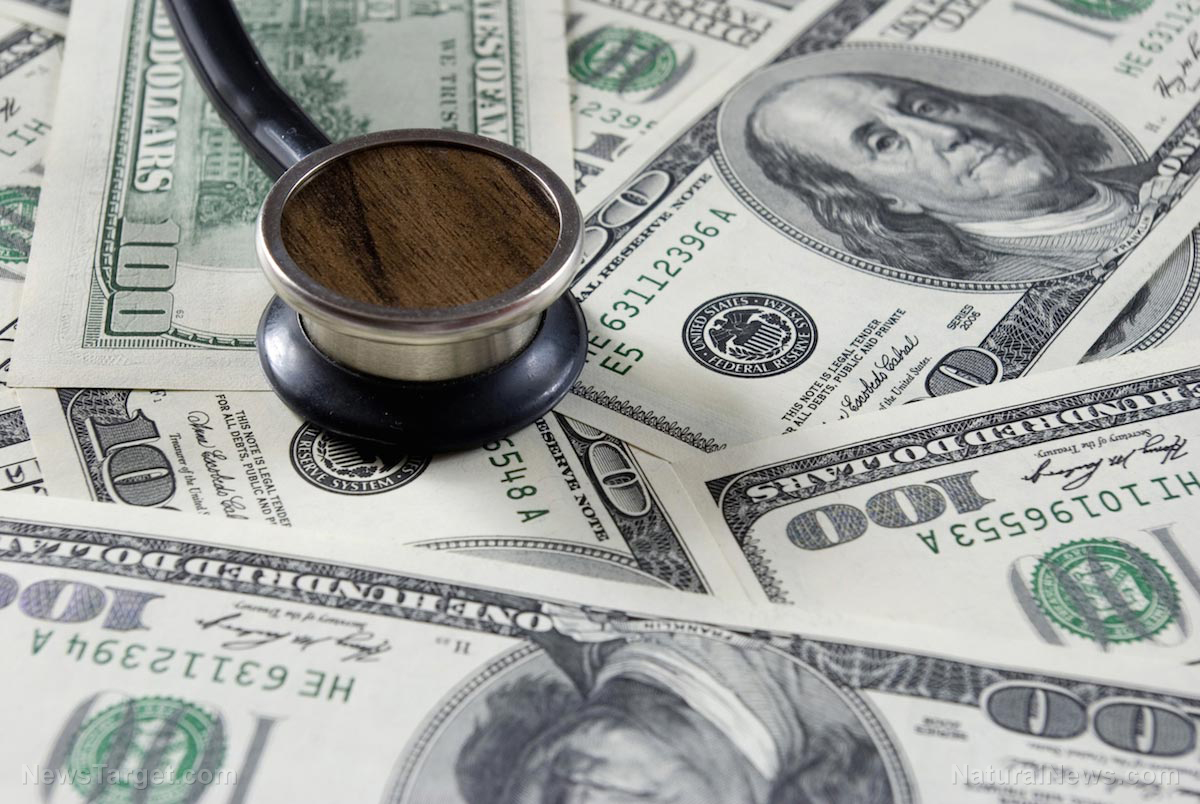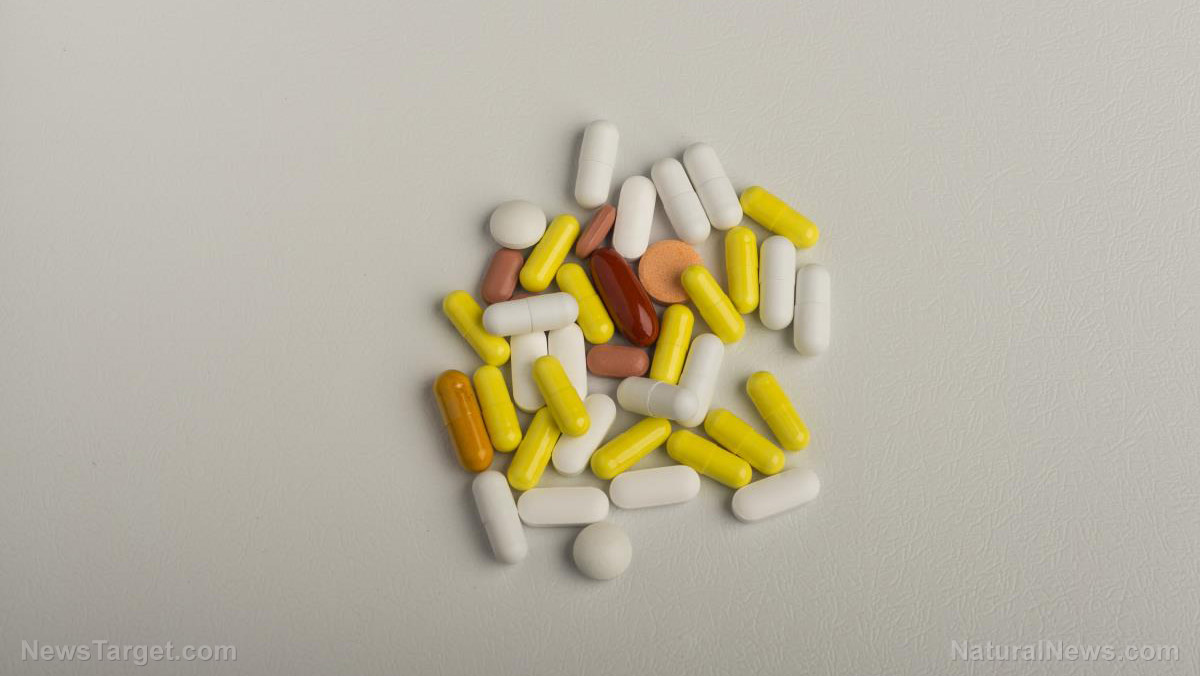EpiPen prices have skyrocketed over 100% in the last decade
04/28/2017 / By Isabelle Z.

It’s a somewhat familiar scenario in films and TV: someone is poisoned and it looks like they’re going to die when suddenly the antidote is produced just in time to save their life. While it’s easy to pass this off as being awfully convenient and far-fetched, the truth is that the EpiPen can indeed save people’s lives in an almost magical fashion during allergic reactions. As incredibly lucky as they are that such a solution exists, the sad reality is that many sufferers can no longer afford this life-saving device because of recent price hikes.
It’s not unusual for the price of goods to go up a little to correspond with inflation, but pharmaceuticals seem to rise in price at the whim of their manufacturers. A new study has found that the yearly out-of-pocket costs for the EpiPen in the U.S. climbed by almost 124 percent in the years from 2007 through 2014 for privately insured patients, prompting concerns that people could end up dying unnecessarily. The study was published in JAMA Internal Medicine.
The study’s lead author, Dr. Kao-Ping Chua, is blaming the hike on aggressive Big Pharma pricing and insurance policies that fail to protect patients financially. In an email to Reuters, he wrote: “For EpiPen in particular, failing to fill a prescription due to cost could mean the difference between life or death when serious allergic reactions occur — this is why Mylan’s EpiPen price hikes are so ethically troublesome.”
EpiPen costs just a few dollars to make
Dr. Chua has personally met families in pediatric ERs who have said that they can’t afford to replace their child’s EpiPen when it expires once a year, placing them at unnecessary risk and forcing them to live without the peace of mind that comes with carrying around such a critical tool. Since obtaining the rights to sell the EpiPen in 2007, Mylan has increased the drug’s list price from $94 to an unconscionable $609. In response to public outcry, a $300 generic version was released late last year. Experts say the drug costs just a few dollars to make.
The EpiPen contains a pre-set dosage of epinephrine, which can stop the potentially fatal anaphylactic shock that comes about during an allergy attack. Those who are severely allergic to shellfish, penicillin, peanuts, bees and other allergens are often prescribed the devices to keep handy for emergency situations from accidental exposure, and the prescription must be refilled each year because the medicine expires.
Mylan no stranger to controversy
Last October, Mylan paid $465 million in a settlement with the U.S. government after being accused of using deceitful tactics to boost their revenue from Medicaid. To add insult to injury, the drug is currently at the center of a global recall following reports of device failure. Mylan hasn’t disclosed the number of devices affected, but the FDA says it covers 13 lots that were distributed between December 2015 and July 2016. A full list of affected lot numbers can be found in the official recall alert on the FDA’s site.
Unfortunately, price gouging is nothing new in the pharmaceutical world. While many drugs are so full of dangerous side effects that not being able to afford them is almost a blessing in disguise, this is an emergency life-saving drug, and placing it out of the financial reach of those who need it is greedy and unethical.
People with severe allergies need to keep an EpiPen on hand, and it’s even better if they have a spare or two in their car or purse so they always have one close by if the worst happens. It can mean the difference between life and death, which is why the study’s senior author, Rena Conti, is calling on physicians and policymakers to advocate for fair pricing, as well as insurance coverage, for this and other emergency drugs that save lives.
Sources include:




















